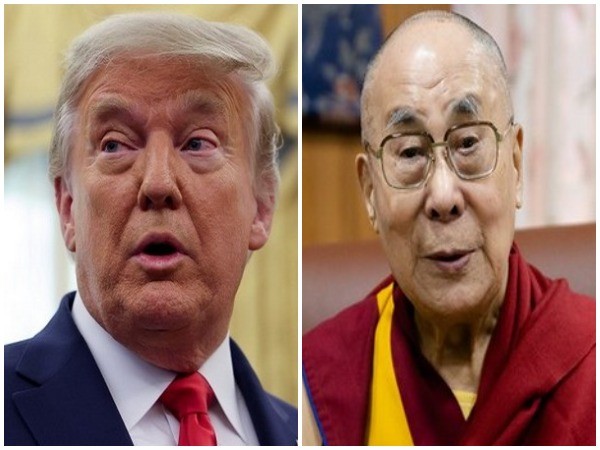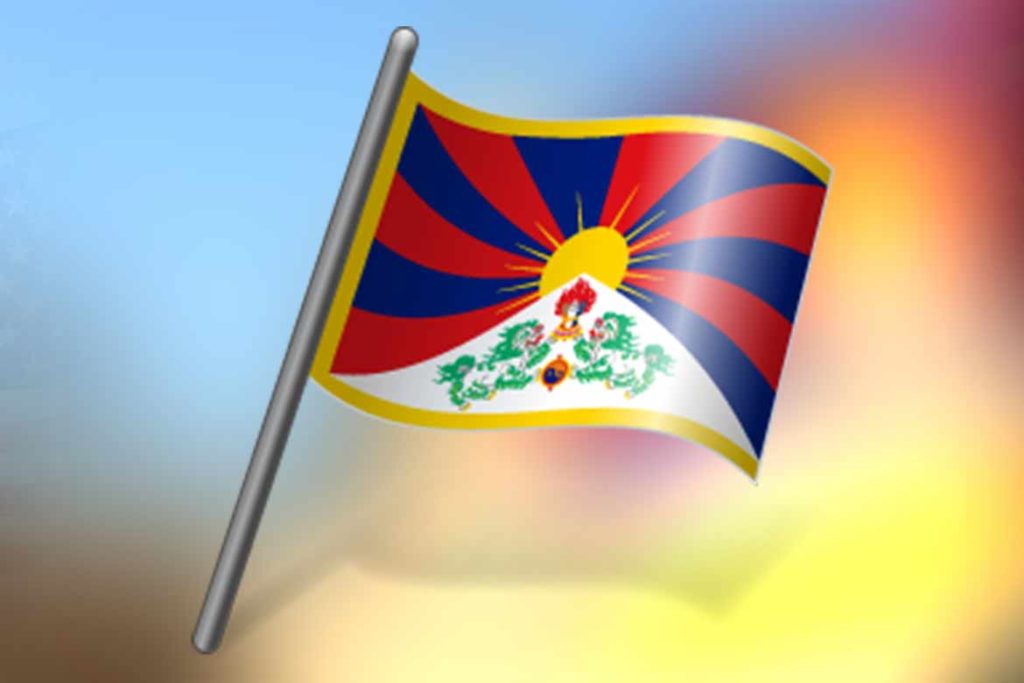China’s expansionist policy may suffer a major setback. Two weeks ago, the US congress approved the Tibet Policy and Support Act and now the process of electing the exiled government leader in Dharamsala in Himachal Pradesh has started from Sunday. Global observers have also been deployed for this. In fact, China has always feared that the Dalai Lama and India, considered the most important in Tibet, can bring instability in China.
Also read: China Launches First 6G Satellite Into The Orbit, Leaving The World Behind
Now that China is already under suspicion due to Corona infection, other countries can also become aggressive against it for any reason. Especially if India supports America, it can open a salvo at diplomatic front against China. Tibetans are going to elect their Sikayong (head of the exiled government) for the 17th parliament. Voting has been done in Dharamshala earlier also. About 80 thousand exiled Tibetans will vote. 55,683 voters are registered in India and the remaining 24,014 voters are registered in many other countries including Australia, Canada and Brazil.

150 candidates are in the fray for 45 seats of Parliament. Of these, 10 seats are for the territories of Tibet. Here, the US has passed the Tibetan Policy and Support Law. This paves the way for Tibetans’ right to choose their religious leader (the next Dalai Lama). If China impedes it, the US can take any action against China with the consent of other countries, or impose strict economic sanctions on it.
Operations of Central Tibetan Administration in India

Also read: Centre Now Bans 47 Clones Of Chinese Apps Banned Earlier
Headquarter of the exiled government of Tibet is in Dharamsala, Himachal. The Director of Tibet Policy Institute, Tenzin Lexche, said that in any democratic country, elections are considered to be one of the fundamental rights and duties of its citizens. This election is also important for Tibetans. It has 10–10 representatives from the three traditional provinces of Tibet — Yu-Tsang, Dhoté and Dhomi. Two seats are reserved for women.
